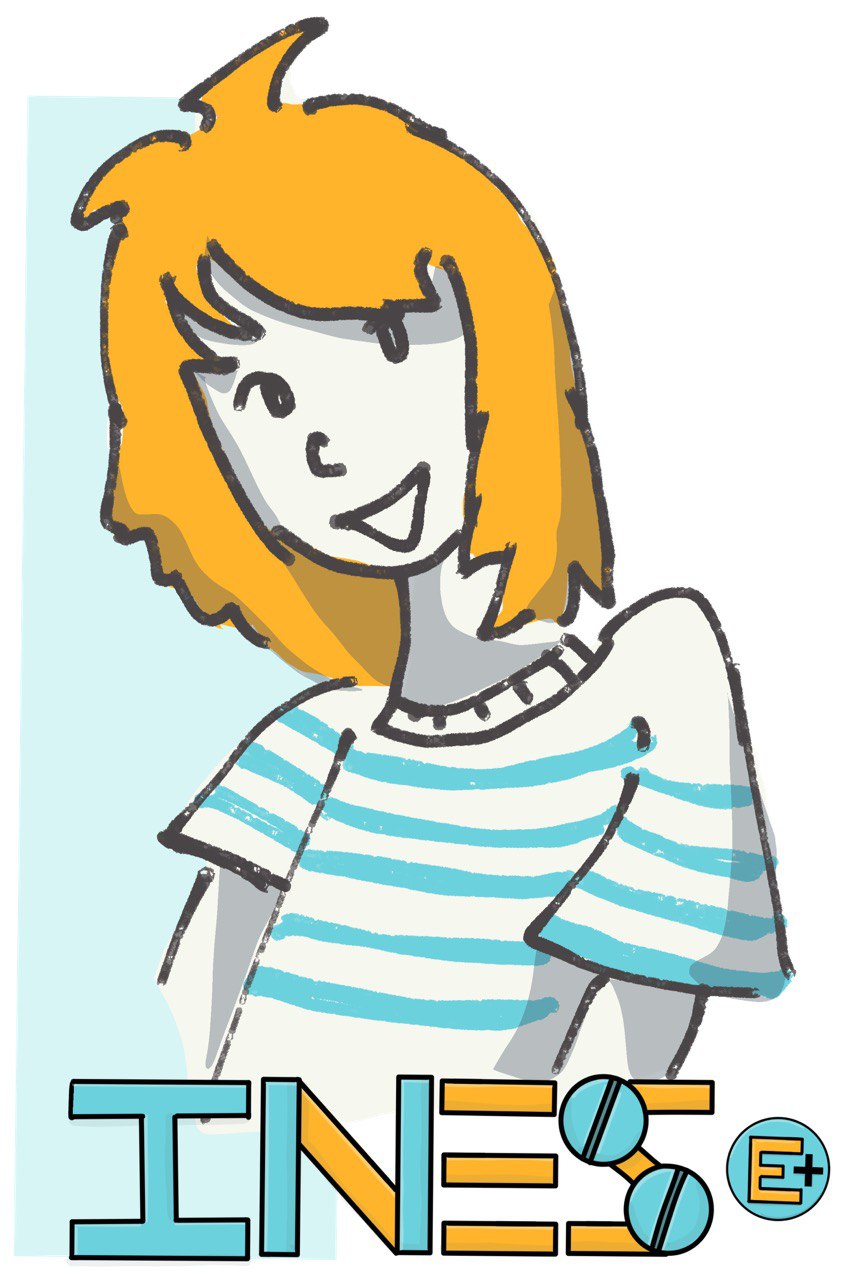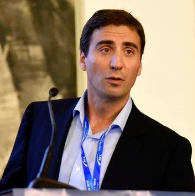INES Winter School (Blended Intensive Programme)
Lýsing á efni
-
-
Find out what the INES project is all about!
http://ines.unibo.it/

2021-1-IT02-KA220-SCH-000032570 - Cooperation Partnership in School Education
Ines - Innovative teaching and learning paths for the prevention of new drugs abuse
This project has been funded with support from the European Commission. This publication reflects the views only of the author, and the Commission cannot be held responsible for any use which may be made of the information contained therein.
-
Winter school 2023/2024 (first edition)
Interdisciplinary research approaches to disseminate Open Educational Resources in the field of the use prevention of new psychoactive substances (NPS)
Partnership: University of Transylvania (Romania), University of Porto (Portugal), Charles University in Prague (Czech Republic), University of Malaga (Spain).
The INES Winter School is exclusively aimed at 19 selected students who join the Winter School (BIP) from 1 December 2023 to 19 April 2024. The physical mobility of students is scheduled to take place in Bologna from 15 to 19 April 2024.
The Blended Intensive Program (BIP), transformed in the "INES Winter School", is created in the framework of the "Innovative teaching and learning paths for the Prevention of new drug abuse" (INES) project coordinated by Alma Mater Studiorum - University of Bologna (2021-2024).Aim of the Winter School: to enhance some of the results of the INES project (particularly those related to the development of a blended course) by involving a different target audience than the one envisaged (university students). University students, in this course, from partner universities, after an initial period of training (scientific and pedagogical), will have the opportunity to participate and collectively construct, according to a common template, Open Educational Resources (videos, infographics, interactive presentations, podcasts, tests etc.) on the topics of New Psychoactive Substances (NPS).
Topics:
- Classification and categorization of NPS
- Toxic effects and Risk assessment
- Diffusion Channels
- Representation of NPS use in mainstream channelsThe Winter School releases 3 ECTS.
-
Winter School Team
1. University of Bologna
Luca Ferrari, Associate Professor in Didactic and Special Pedagogy (coordinator);
Laura Mercolini, Associate Professor in Pharmaceutical Chemistry, Department of Pharmacy and Biotechnology;
Roberto Mandrioli, Associate Professor in Pharmaceutical Chemistry, Department for Life Quality Studies;
Michele Protti, Senior assistant professor (fixed-term) in Pharmaceutical Chemistry, Department of Pharmacy and Biotechnology.

Stefano D'Ambrosio, P.h.D, INES Winter School Academic Tutor.
2. University of Malaga
Maria Del Mar Lopez Guerrero, Full professor, Department of Analytical Chemistry.
3. Charles University of Prague
Přemysl Mladěnka, Full Professor in Human and veterinary pharmacology, Faculty of Pharmacy in Hradec Králové.
4. University of Porto

Fernando Remiao, Associate Professor, Biological Sciences Department, Faculty of Pharmacy.
5. University of Transilvania
Dana Perniu, Professor, Department of Product Design, Mechatronics and Environment, Faculty of Product and Environmental Design

Bogatu Cristina Aurica, University lecturer, Department of Product Design, Mechatronics and Environment
-
-
-
The first step concerns the presentation of yourself, via forum, and the individual study of teaching-learning modules 1,2,3,5 available within the short blended learning course.
To have an overview of the INES teaching-learning modules we've developed a syllabus. It represents a methodological guide to incorporate the teaching-learning path developed during the project life-cycle into the secondary schools' mainstream curriculum. It shows the results of the strong collaboration between researchers, teachers and students in creating a didactic proposal to avoid the problem of NPS at school.
SYLLABUS
COURSE*
*The didactic resources to be learned in this phase are the videos and slides. The other in-depth materials are optional.
-
Learning outcomes
At the end of the winter school students will:
- knows the meaning and value of OERs;
- knows the health risks associated with the spread of NPS;
- identifies the peculiarities of an interdisciplinary research approach that addresses NPS by valuing a plurality of perspectives and intervention models;
- recognizes and describes the characteristics of synthetic cannabinoids, cathinone analogs, and phenethylamines;
- recognizes and describes toxic effects resulting from NPS consumption;
- knows the main distribution channels of NPS (e.g., Darkweb);
- identifies examples of substance abuse representation within mainstream channels (movies, music, video games etc.).
-
-
ONLINE SEMINAR – VIA MICROSOFT TEAMS (IN PROGRESS)
25 JANUARY 2024, 16:00 - 17:30 (WEST)
Principles of toxicokinetics and toxicodynamics applied to drugs of abuse
Fernando Remião and Bárbara Silva - University of Porto
31 JANUARY 2024, 14:00 - 15:00 (CET)
Organisational meeting with Luca Ferrari and Stefano D'Ambrosio - University of Bologna
7 FEBRUARY 2024, 11:00 -13:00 (CET)
Classification and categorization of NPS
Laura Mercolini, Roberto Mandrioli, Michele Protti - University of Bologna
12 FEBRUARY 2024, 16:00 - 18:00 (CET)
Natural and synthetic illicit drugs interfering with adrenergic receptors: their cardiovascular toxicity
Přemysl Mladěnka - Charles University Prague
7 MARCH 2024, 16.00 - 18.00 (EEST)
Diffusion Channels
Dana Perniu, Cristina Bogatu – University of Transilvania
-
-
-
Students will be invited to collaboratively carry out a series of activities. The coordination of this phase is by UNIBO and involves: creation of interactive educational material, infographics, instructional videos or presentations explaining key concepts learn in the teaching modules.
-
-
-
Participation in face-to-face seminars with university professors coming from the University of Bologna, Porto, Malaga, Romania and Czech Republic; construction of informal socialization moments, collaborative work among students to finalize the work, and presentation of educational resources created by each group of students.
-
-
-
Complete the activity
-
Complete the activity
-